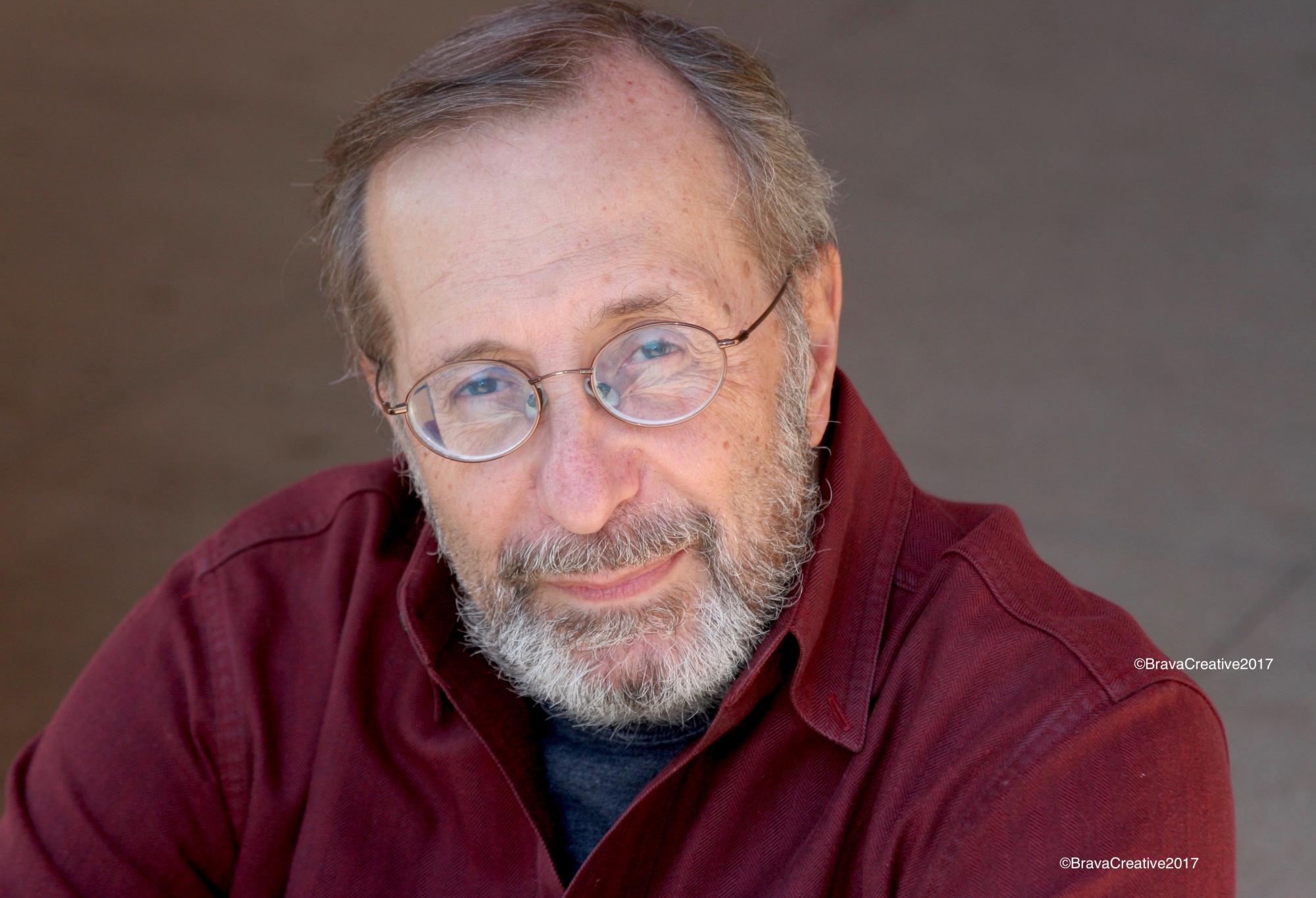Meeting Teaching Artist John DeDakis


Journalist and novelist John DeDakis is a former senior copy editor on CNN's The Situation Room with Wolf Blitzer. DeDakis (pronounced deh-DAY-kiss) is the author of five novels in the Lark Chadwick mystery-suspense series.
In his most recent novel, Fake, Lark is a White House correspondent in the era of #MeToo and "fake news."
Bullet in the Chamber, his fourth novel, is the winner of Reviewers Choice, Foreword INDIES, and Feathered Quill book awards in 2017. The novel deals, in part, with the death of John’s youngest son in 2011 due to an accidental heroin overdose.
DeDakis is a writing coach, manuscript editor, and writing workshop leader. During his award-winning 45-year career in journalism (25 years at CNN), DeDakis was a White House correspondent and interviewed such luminaries as Alfred Hitchcock, Jimmy Carter, and Ronald Reagan.
A native of La Crosse, Wisconsin, DeDakis now lives in Baltimore, Maryland. He has taught journalism at the University of Maryland – College Park and regularly teaches novel writing at the Writer’s Center in Bethesda, Maryland, and at the Politics & Prose Bookstore in Washington, DC.
In his spare time, what little he has of it, he is a jazz drummer. Visit his website at johndedakis.com
The video below references a class John taught in winter/spring 2022. To find John's current class lineup, visit his artist bio page.
***
When did you start teaching? What path—career or otherwise—brought you here?
I learned to write tight and fast during a 45-year career in deadline-a-minute daily journalism as a reporter, writer, and editor.
My first teaching experience was fifteen years ago when I taught broadcast news writing in CNN's Washington, DC, bureau. I was also an adjunct journalism instructor at American University in Washington and at the University of Maryland-College Park.
I began leading writing workshops not long after my first novel was traditionally published in 2005. Since then, I've written five novels and have led workshops at writers' conferences, literary centers, and bookstores all over the country.
I learned about the Loft several years ago when I was leading a week-long immersive writing retreat at the University of Wisconsin-Madison. The classes I teach at the Loft I've also taught at the Chautauqua Institution in New York, at the Ireland Writers Retreat in County Donegal, as the Writer in Residence at the Callenwolde Fine Arts Center in Atlanta, and aboard a cruise ship to the Panama Canal.
How would you describe your teaching style?
I strive for a relaxed seminar-style with plenty of opportunities for the class to ask questions. I also challenge students with writing exercises and set aside time for them to share and critique writing assignments.
When it comes to imagining and creating classes, where do your ideas come from? What in particular inspires you?
Most of my sessions are built around lessons I've learned—and mistakes I've made—along the way. I'm also inspired by questions I get from my writing students and clients.
What's the ideal environment for your classroom? What atmosphere are you hoping to establish?
I like to keep my class sizes relatively small so that no one feels lost in the shuffle. Writing is personal, so I like to get to know my students. I'm energized by their curiosity and enthusiasm.
Regardless of what your class is specifically focusing on, what's the main goal you have for your students?
I want for students—whether they're experienced or beginners—to come away encouraged that they can achieve their writing goals.
What are goals you have for yourself? These could be teaching goals, writing goals, career goals, community goals, etc.
For a published author, marketing can be a real time suck. Consequently, I'm trying to set aside more time for my own writing. Right now I'm working on a memoir (working title: Pivot Points: A Life of Plot Twists) and book six in my Lark Chadwick mystery-suspense-thriller series. Someday I'd like to write literary fiction, but I'll need to take a few classes first. Another pipe dream is to write the screenplay adaptations of my novels.
What have been some of your own favorite educational experiences?
There are three experiences that have made me a better writer/teacher:
1) Getting personal feedback on my writing and stories from beta readers. They take my manuscripts for a spin, then tell me what's not working and why.
2) As a manuscript editor and writing coach, I've learned how to be a better writer by being able to identify and articulate what's wrong with a story and how to fix it.
3) Perhaps the most fulfilling educational experiences I have are whenever I'm able to follow my curiosity and go deep in a conversation with another person. I learn so much about life from listening to other people's stories.
To you personally, what is the most important part of the literary arts?
Literary arts widen our horizons and take us out of our personal bubbles. Good storytelling immerses us in the lives of people who may be different than ourselves yet can enable us to see our common humanity.
Is there anything else you'd like to share?
I've always been impressed with high caliber and enthusiasm of the students who've taken my classes at the Loft. I always come away encouraged, inspired, and with a strong desire to return.
